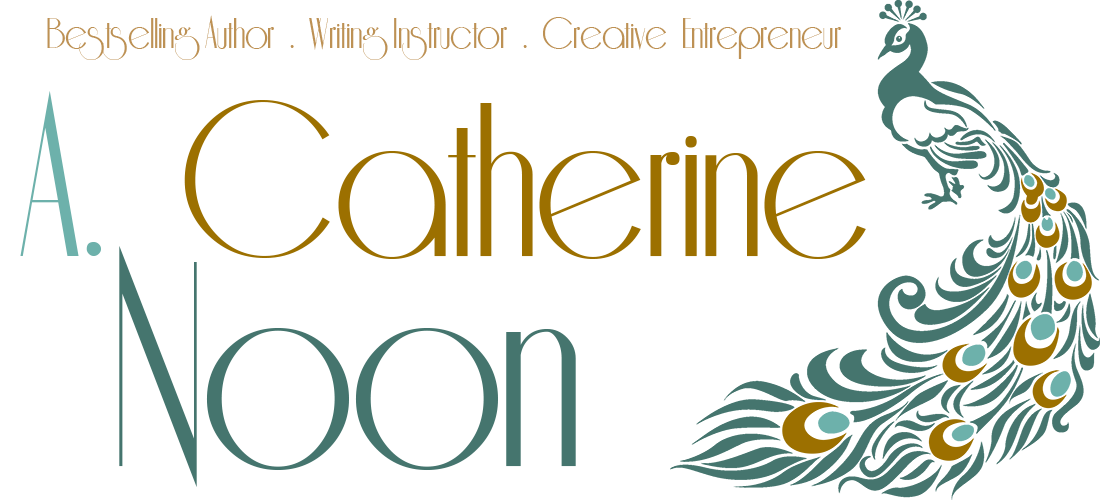Mai Madness – Memories: Childhood House
This has an interesting approach. Rather than just write a story, we write a list of all the items we can remember from our household home. We don’t order the list, just write it without censoring. Then, read the list, and circle any items that remind you strongly of something. Write a story using as many of the objects as you can – doing that is called using ‘topography’ to tell a story.
“Mouse!”
I used to feed the horses before I went to school. I got up at six o’clock in the morning, before the sun had reached our small valley. The valley ran east to west, so the sun came up at one end, and sank down behind the mountains at the other end. Our house also stretched east to west with the front only one storey, but the back was set against a hill so it was two storeys. Tall trees on the south side blocked the worst of the summer heat.
The path to the barn led from the back porch, down the black metal stairs and around the large back patio. I used to have to sweep that patio in the summer and the tree seeds would flutter down and get caught in between the planks. It was next to impossible to get them out from between the joints and it took forever to sweep it clean.
My stepdad made a path from rocks down between the patio and the well house. The wishing well, made from stone and sporting a wooden roof, could actually be used for drinking water. You’d let the bucket fall in and the winch would unwind at terrific speed. My mother was afraid one of us kids would get whacked on the head by it and killed. It never happened, but her paranoia rubbed off on me and I’d always let the bucket down while standing on the opposite side of the opening from the winch. The water tasted good and slightly metallic, and it was always amazing to me that it was potable.
The big area sat in a large open space, the size of half a football field. The path to the barn ran across the road that led to the arena gate, alongside it and off the end to where the barn stood. The tack shed was on the right, one of the three original outbuildings on the property. It used to be over to the right by the clock shop, but we had it moved when we bought the place. The big prefab barn was brown fake wood with wrought iron sides and roof. It echoed when it rained like somebody banging on a pot with a wooden spoon. To its left stood the huge hay barn, really just a roof with three sides where we stored half a semi-truck full of hay – about twenty tons. We’d buy it once a year and it was always something to watch the truck driver maneuver down the narrow gravel road and back out again.
I would go into the main barn, the central section open to the elements but equipped with a heavy sliding door should we need to close out the rain. We lined about twenty bales of alfalfa along the back wall up on pallets, with a fifty-gallon aluminum trash can full of grain. We’d feed half a coffee-can of grain in the morning along with a flake of the hay – the bales were put together so they’d flake off in four or five inch chunks. Each of the horses had a feed bin so their food stayed off the ground. It’s not good to feed them on the ground because they can get sick that way, but one of our horses preferred it and would pull all of his food out and dump it on his floor. What are you going to do about that? Here’s a half-ton animal deciding how he wants his meal. You let him have it that way, and hope he doesn’t come down with anything.
One morning, the moon rose heavy and full over the mountains. It hadn’t set yet, and its light seemed very bright. I went into the barn and left the flashlight off, since the reflected light from outside came through the door and windows and left me enough to see by. Farazha and Thunder whickered softly to me as I entered, hungry for breakfast. I made my way to the grain bin first and opened the lid.
Something jumped on my hand and ran up my arm. The whatzit ran over my shoulder, down my back and out of the barn before my dog so much as snuffled.
I stood there for a few beats, relearning how to breath. I remembered I had a flashlight – hell, I could’ve turned on the barn lights, the switch was right by the door. I shined the heavy flashlight into the grain bin, expecting to not find anything since whatever it was had already used me as an escape vehicle.
Nestled in the coffee can full of grain, on top of more grain than they could eat in fifty lifetimes, lay six tiny white mouse babies.
